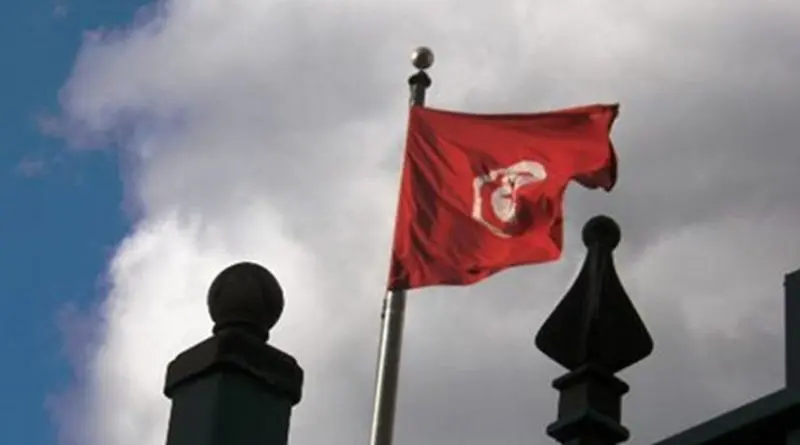At least several hundred people are in prison in Tunisia solely for writing checks they were later unable to pay, Human Rights Watch said in a report published today. The practice amounts to imprisonment for debt, which violates international human rights law, and which destroys families and businesses.
In the 41-page report, “‘No Way Out’: Debt Imprisonment in Tunisia,” Human Rights Watch documents the consequences of Tunisia’s archaic legislation on checks with insufficient funds. The law, in addition to sending insolvent people to prison, or to live in hiding or exile, fuels a cycle of indebtedness and reduces entire households to lives of hardship. In the context of Tunisia’s current economic crisis, the authorities should urgently replace the legal provisions that allow for debt imprisonment with legislation that distinguishes between willful refusal and genuine inability to pay.
“Imprisonment for unpaid debt is an anachronism and is both cruel and counterproductive to ensuring that creditors recover their due,” said Salsabil Chellali, Tunisia director at Human Rights Watch. “When debtors remain free, they have the possibility of earning income to gradually repay their debts, while supporting their own households.”
On May 22, the Prime Minister’s Office announced in a statement that the Council of Ministers had approved a bill to amend legal provisions on unpaid checks, which suggests reduced prison sentences and financial penalties, and provides for alternatives to prison, among other measures, the statement says. The bill has been submitted to the Assembly of People’s Representatives for debate.
Human Rights Watch documented the cases of 12 people prosecuted for unpaid checks, including people imprisoned and others living in hiding or in exile.
Although originally conceived as a means of payment, checks in Tunisia are in practice widely used as a means of obtaining credit, especially in the commercial sector where they enable entrepreneurs to secure commercial goods or services in exchange for a check they provide that is to be cashed later, at an agreed-upon date.
Given the difficulties faced by micro, small, and medium-sized businesses in accessing bank financing due to the lack of collateral or the bank’s financing conditions, many in the commercial sector rely on this practice, known as the “guarantee check.”
When people who have issued “guarantee” checks are unable to later pay them, they risk imprisonment, as an unpaid check is considered a criminal offense punishable by up to five years in prison under Tunisia’s Commercial Code. While according to the government, 496 people were imprisoned for unpaid checks as of May 2024, a business association that focuses on this issue, the National Association of Small and Medium-Sized Enterprises,estimated that this number is closer to 7,200 people, and that the authorities are seeking thousands more for unpaid checks. Such prison sentences are cumulative.
Those imprisoned often face stigma, and the lack of income while they are in prison or trying to escape prosecution can affect the enjoyment of their human rights, including access to basic services such as health care, housing, or education. Debt-induced economic woes may be compounded by the shortcomings of Tunisia’s public services and social security system.

